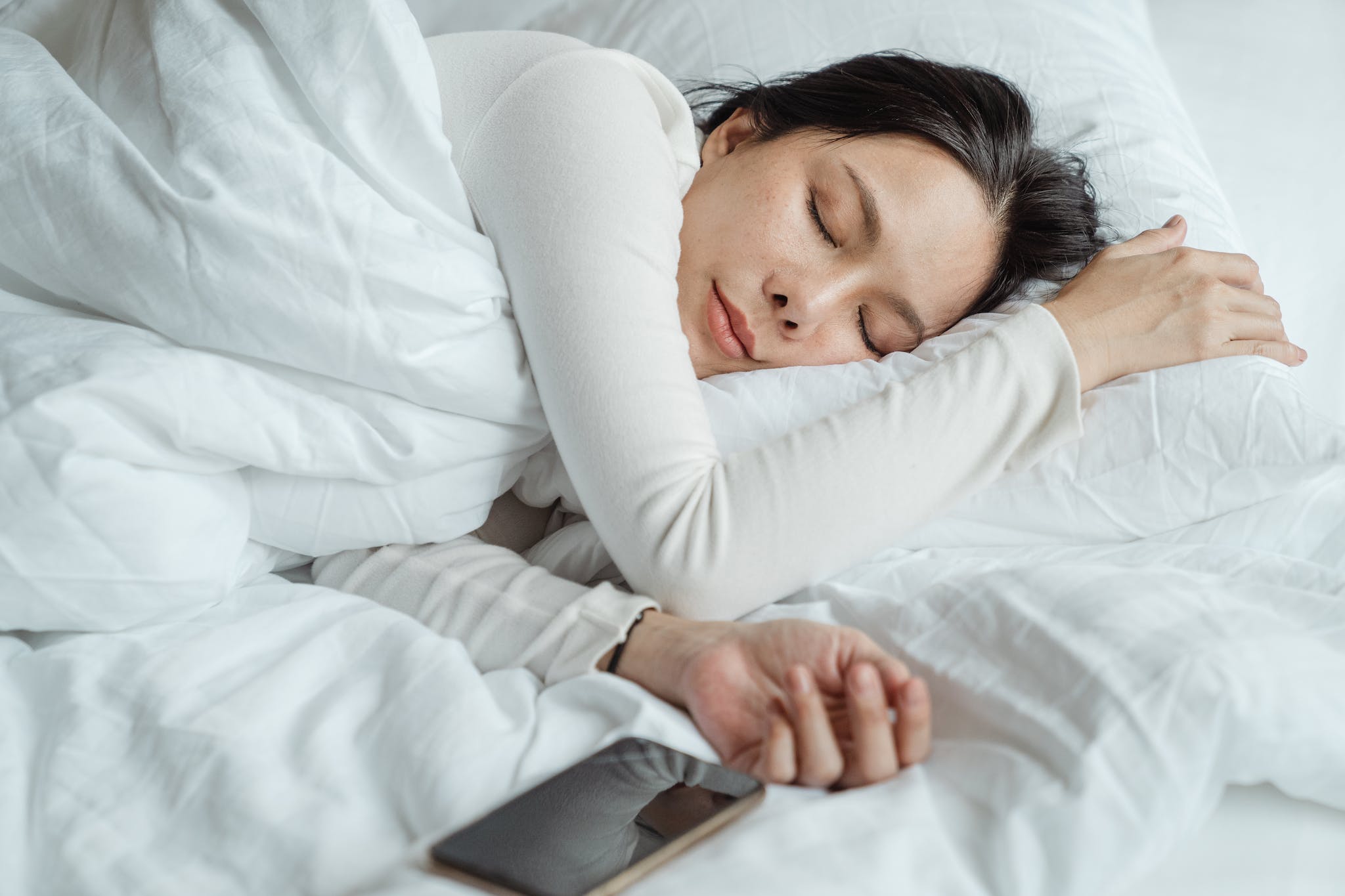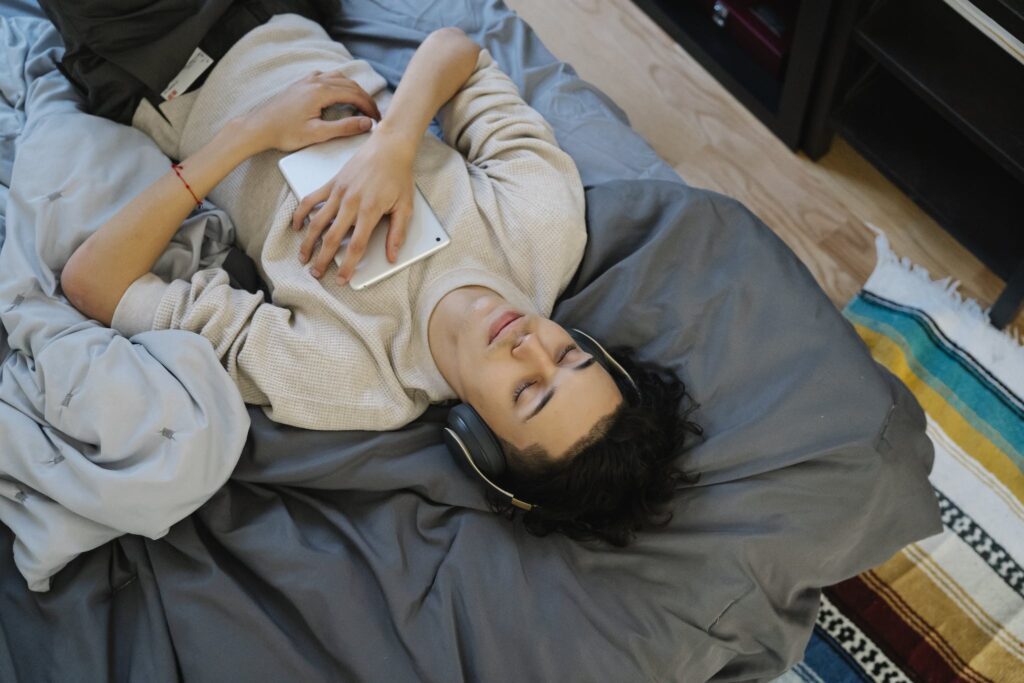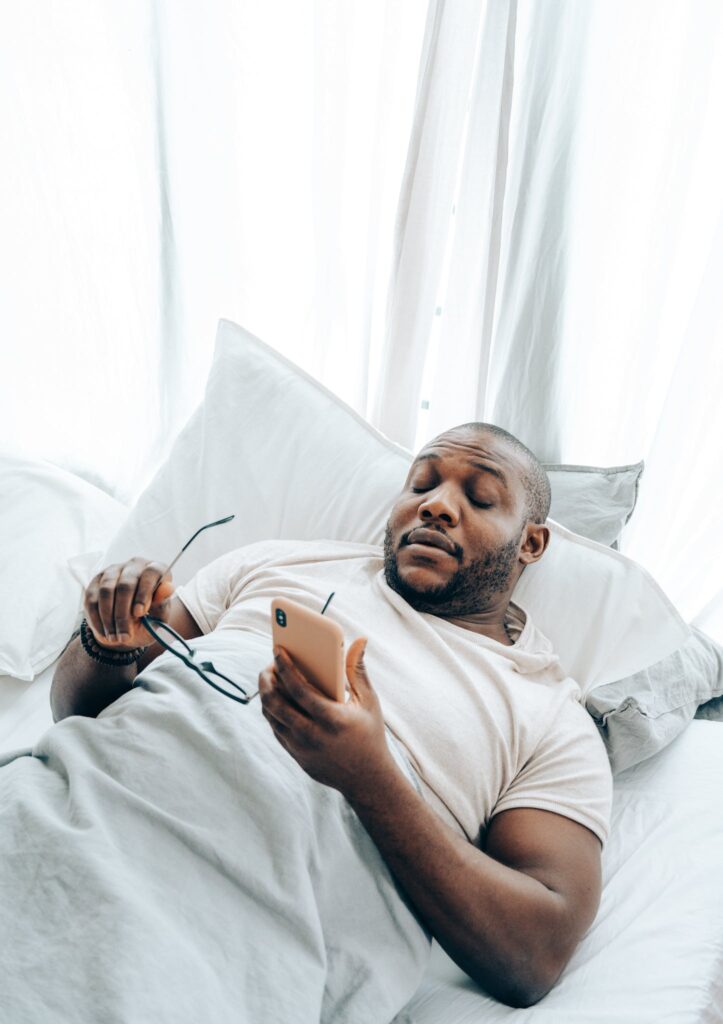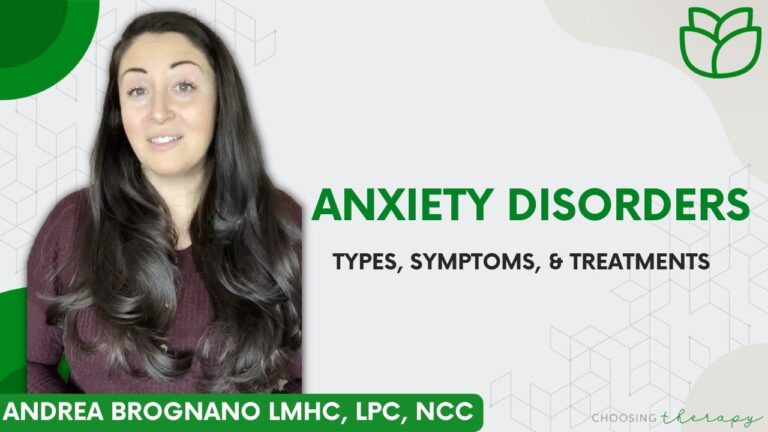How Your Sleep Changes as You Age and How to Adapt

Understanding the sleep patterns in different stages of life
Sleep patterns vary across different stages of life, influenced by various biological and environmental factors. During infancy and early childhood, sleep is essential for growth and development. Newborns sleep for approximately 16 to 17 hours a day, with brief periods of wakefulness for feeding. As children enter toddlerhood, their need for sleep gradually decreases to around 12 to 14 hours per day, typically in the form of a nighttime sleep and one or two daytime naps.
In adolescence, there is a significant shift in sleep patterns due to hormonal changes and social factors. Puberty often leads to a delay in the internal body clock, making it harder for teenagers to fall asleep early in the evening. As a result, many adolescents experience insufficient sleep, which can have negative effects on their academic performance, mood, and overall well-being. It is recommended that teenagers aim for around 9 to 10 hours of sleep per night to support their physical and mental health.
In summary, sleep patterns evolve throughout different stages of life, reflecting the specific needs of each age group. Understanding these patterns is crucial for promoting healthy sleep habits and ensuring optimal well-being. As we delve deeper into the impact of aging on sleep quality and duration, we will explore how physiological changes and external factors can affect the sleep of older adults.
The impact of aging on sleep quality and duration

As we age, there is a noticeable impact on both the quality and duration of our sleep. Many older adults experience difficulties in falling asleep, staying asleep, or achieving deep, restorative sleep. These changes in sleep patterns can be attributed to a variety of factors that influence our sleep-wake cycle.
One key factor that affects sleep in older adults is the natural process of aging itself. As we age, our bodies undergo physical changes that can impact our sleep. For instance, there is a decrease in the production of certain hormones, such as melatonin, which plays a vital role in regulating our sleep-wake cycle. This decline in melatonin can result in disturbances in our sleep patterns, making it more difficult to fall asleep and stay asleep throughout the night. Additionally, there may be changes in our sleep architecture, with a reduction in the amount of deep sleep and an increase in lighter, more fragmented sleep stages.
Moreover, other health conditions and lifestyle factors can further contribute to sleep disturbances in older adults. Chronic conditions like arthritis, heart disease, or respiratory disorders can cause discomfort or pain, making it challenging to find a comfortable sleep position. Furthermore, medications commonly prescribed to manage these conditions can have side effects that affect sleep, such as causing drowsiness during the day or disrupting nighttime sleep. It is essential to address both the physical and environmental factors that may be impacting sleep quality and duration in older adults to ensure a better night’s rest.
Hormonal changes and their role in sleep disturbances
Hormonal changes play a significant role in sleep disturbances that can affect individuals throughout various stages of life. In particular, menopause and andropause are two key events in women and men, respectively, where hormonal fluctuations can lead to disrupted sleep.
During menopause, a woman’s estrogen and progesterone levels decline, leading to changes in the sleep-wake cycle. Hot flashes, night sweats, and mood swings often accompany these hormonal shifts, making it more challenging for women to fall asleep and stay asleep throughout the night. Studies have shown that the decrease in estrogen can influence the quality of sleep, resulting in more frequent awakenings and lighter sleep. Similarly, in men experiencing andropause, a decline in testosterone levels can lead to sleep problems, including insomnia and sleep apnea. This hormonal imbalance can affect not only the quantity but also the quality of sleep in aging men.
It is crucial to understand the impact of these hormonal changes on sleep as they can contribute to various health issues such as fatigue, cognitive decline, and an increased risk of chronic conditions. By addressing these hormonal imbalances with appropriate medical interventions or hormone replacement therapy, individuals may experience improved sleep quality and alleviate related symptoms. Additionally, incorporating strategies like stress management techniques and adopting a healthy lifestyle can also positively impact sleep patterns in those experiencing these hormonal fluctuations.
Common sleep disorders that affect older adults
Sleep disorders are common among older adults, with various factors contributing to their occurrence. One such sleep disorder is insomnia, which refers to difficulties falling asleep, staying asleep, or both. Older adults may experience insomnia due to factors such as anxiety, depression, chronic pain, or medical conditions like sleep apnea or restless legs syndrome. Insomnia can have a significant impact on an individual’s overall quality of life, leading to daytime fatigue, reduced cognitive function, and increased risk of falls. It is essential for older adults suffering from insomnia to seek medical advice for proper diagnosis and treatment.
Another sleep disorder that affects older adults is sleep apnea, a condition characterized by interrupted breathing during sleep. Sleep apnea can be caused by the relaxation of throat muscles, which leads to blocked airflow and temporary awakenings throughout the night. The pauses in breathing can be brief but recurrent, resulting in disturbed sleep and excessive daytime sleepiness. Sleep apnea is not only associated with poor sleep quality but also with an increased risk of cardiovascular diseases and other health complications. Treatment options for sleep apnea may include lifestyle modifications, such as weight loss and sleeping on the side, and the use of continuous positive airway pressure (CPAP) machines, which help keep the airways open during sleep.
Differences in sleep architecture as you age
As we age, our sleep patterns and architecture undergo noticeable changes. These changes can have a significant impact on the quality and duration of our sleep. Sleep architecture refers to the different stages of sleep that we experience throughout the night, including rapid eye movement (REM) sleep and non-rapid eye movement (NREM) sleep.
One prominent difference in sleep architecture as we age is a decrease in the amount of deep sleep, also known as slow-wave sleep. Deep sleep is essential for physical restoration, memory consolidation, and overall cognitive function. As we get older, the amount of deep sleep we experience decreases, resulting in a lighter, less restorative sleep. This can contribute to feeling more fatigued and less refreshed upon awakening. Additionally, older adults may also experience more frequent awakenings during the night, further disrupting their sleep architecture.
Another notable change in sleep architecture is an increase in the amount of time spent in light sleep and REM sleep. Light sleep is characterized by shallow sleep with minimal muscle tone, and REM sleep is associated with vivid dreaming. While these stages are crucial for emotional processing and memory consolidation, an excess of REM sleep may contribute to a higher incidence of sleep disturbances and disorders in older adults, such as REM sleep behavior disorder.
These alterations in sleep architecture can have profound effects on an individual’s overall sleep quality and may lead to various sleep-related issues, including insomnia, daytime sleepiness, and impaired cognitive function. Understanding these differences can help guide interventions and strategies to optimize sleep in older adults, promoting better overall health and well-being.
Cognitive changes and their effect on sleep patterns
Cognitive changes are a natural part of the aging process and can have a significant impact on sleep patterns in older adults. As we age, our brain undergoes various changes, such as a decline in certain cognitive functions, including memory, attention, and reasoning. These changes can influence the quality and duration of sleep, leading to disrupted sleep patterns and insomnia.
Research has shown that cognitive changes, particularly in memory and executive function, are closely linked to sleep disturbances in older adults. Sleep plays a crucial role in consolidating memories and facilitating cognitive functions, so when cognitive decline occurs, it can interfere with the normal sleep-wake cycle. As a result, individuals may experience difficulty falling asleep, frequent awakenings during the night, and overall poor sleep quality. Additionally, cognitive changes can contribute to increased daytime sleepiness and fatigue, further affecting daily functioning and quality of life.
Psychological factors influencing sleep in older adults
The psychological factors influencing sleep in older adults are multifaceted and can significantly impact the quality and duration of sleep. One key psychological factor is the presence of anxiety and stress. As individuals age, they may experience increased levels of worry and concern, which can interfere with their ability to relax and fall asleep. Additionally, older adults may also face emotional challenges such as depression or grief, which can further disrupt their sleep patterns.
Another psychological factor that can influence sleep in older adults is cognitive decline. As individuals age, they may experience changes in their memory, attention, and overall cognitive functioning. These cognitive changes can contribute to difficulties falling asleep and staying asleep throughout the night. Furthermore, sleep disturbances themselves can worsen cognitive functioning, creating a vicious cycle of sleep deprivation and cognitive decline.
Understanding and addressing these psychological factors is crucial in promoting better sleep for older adults. By implementing strategies to manage anxiety and stress, such as relaxation techniques or therapy, individuals can improve their sleep quality. Additionally, seeking treatment for underlying depression or grief can also have a positive impact on sleep patterns. Cognitive training exercises and maintaining a mentally stimulating lifestyle can help counteract cognitive decline and improve sleep. Overall, taking a comprehensive approach that considers the psychological factors at play can lead to better sleep outcomes for older adults.
Lifestyle modifications to promote better sleep as you age

Maintaining good sleep habits becomes increasingly important as you age, particularly as sleep patterns may naturally change with advancing years. There are several lifestyle modifications that can help promote better sleep as you grow older. First, it is crucial to establish a regular sleep schedule by going to bed and waking up at the same time every day, even on weekends. This consistency helps to regulate your body’s internal clock and promotes better sleep quality.
In addition to a consistent sleep schedule, creating a sleep-friendly environment can greatly improve your sleep quality. Ensure that your bedroom is dark, quiet, and at a comfortable temperature. Use curtains or blinds to block out any external light and wear earplugs or use a white noise machine to minimize disturbances. Investing in a supportive mattress and comfortable pillows that adequately meet your individual needs can also contribute to a more restful sleep. Furthermore, it is recommended to limit the use of electronic devices such as smartphones, tablets, and TVs before bedtime, as the blue light emitted by these devices can interfere with your body’s natural sleep-wake cycle.
By implementing these lifestyle modifications, you can optimize your sleep as you age and enhance your overall well-being. However, it is important to note that if you continue to experience persistent sleep disturbances or suspect an underlying sleep disorder, it is advisable to seek professional help from a sleep specialist. They can provide a comprehensive assessment and recommend appropriate interventions to address your specific sleep concerns. Remember, prioritizing sleep is vital for maintaining good health and overall quality of life as you navigate the journey of aging.
Creating a sleep-friendly environment for older adults

A sleep-friendly environment plays a crucial role in promoting better sleep for older adults. Creating a peaceful and comfortable atmosphere can help alleviate sleep disturbances and improve overall sleep quality. One important factor is ensuring the bedroom is quiet, dark, and cool. Noise-blocking curtains or earplugs can help reduce external sounds that might disrupt sleep. In addition, using blackout shades or an eye mask can effectively block out any excess light that may interfere with falling asleep or staying asleep. Keeping the bedroom temperature between 60-67 degrees Fahrenheit (15-19 degrees Celsius) has been found to be optimal for most individuals, as it helps facilitate body temperature regulation, promoting a more restful sleep.
Another important aspect to consider is the mattress and pillow. Older adults may benefit from investing in a high-quality mattress that provides adequate support and comfort for their individual needs. The right mattress can help alleviate any back or joint pain and provide a more comfortable sleep surface. Likewise, choosing the right pillow that supports the head and neck properly can help prevent discomfort and stiffness.
Furthermore, it is essential to keep electronic devices out of the bedroom. The blue light emitted from screens can disrupt the natural sleep-wake cycle and suppress the production of melatonin, a hormone that promotes sleep. By designating the bedroom solely for sleep and intimacy, it creates a psychological association between the bedroom and restful sleep.
By implementing these simple strategies, older adults can create a sleep-friendly environment that supports their sleep needs and contributes to better overall sleep quality.
Importance of establishing a consistent sleep schedule
Establishing a consistent sleep schedule is crucial for maintaining optimal health and well-being, particularly as we age. Our bodies thrive on routine, and having a regular bedtime and wake-up time helps to regulate our internal body clock, known as the circadian rhythm. By going to bed and waking up at the same time each day, we train our bodies to recognize when it’s time to rest and when it’s time to be alert and active.
A consistent sleep schedule has been shown to improve sleep quality and duration. When we adhere to a regular sleep routine, our bodies become accustomed to a set pattern of rest, enabling us to fall asleep faster and experience deeper, more restorative sleep. Conversely, irregular sleep patterns can disrupt this natural rhythm, leading to difficulties falling asleep or staying asleep throughout the night. By establishing a consistent sleep schedule, we can promote healthier sleep patterns, allowing us to wake up feeling refreshed and rejuvenated each morning.
The role of exercise in improving sleep quality for seniors
Regular exercise has been shown to have numerous benefits for improving sleep quality in seniors. Physical activity has a positive impact on sleep duration, efficiency, and overall sleep quality. Engaging in regular exercise helps regulate the body’s internal clock, known as the circadian rhythm, which plays a vital role in sleep-wake cycles.
Various scientific studies have demonstrated that exercise promotes deeper and more restorative sleep. It can reduce the time it takes to fall asleep, decrease the number of awakenings during the night, and enhance the overall quality of sleep. Additionally, exercise has been found to alleviate symptoms of sleep disorders such as insomnia and sleep apnea in older adults. These benefits are thought to be a result of exercise’s ability to reduce stress, anxiety, and depression, which are common contributors to sleep disturbances.
A study published in the Journal of Sleep Research found that moderate-intensity aerobic exercise, such as walking or cycling, for at least 150 minutes per week can significantly improve sleep quality in older adults. Strength training exercises have also shown promise in enhancing sleep outcomes. It is important, however, to engage in physical activity earlier in the day or at least a few hours before bedtime as exercising too close to bedtime can have the opposite effect and interfere with sleep initiation.
In conclusion, incorporating regular exercise into the daily routine of seniors can have a profound impact on sleep quality. The benefits extend beyond sleep itself, as exercise also offers a multitude of other health benefits, including improved cardiovascular health, weight management, and enhanced mood. As always, it is advisable to consult with a healthcare professional or certified fitness instructor to tailor an exercise program that suits an individual’s unique needs and abilities.
Managing medications and their impact on sleep
Medications play a crucial role in managing various health conditions in older adults. However, it is important to be aware of the potential impact of these medications on sleep. Some medications can disrupt sleep patterns, leading to difficulties falling asleep or staying asleep throughout the night.
Certain types of medications, such as certain antidepressants, antihypertensives, and diuretics, have been known to cause sleep disturbances. These medications can either directly affect the quality of sleep or induce side effects that disrupt sleep, such as increased urination or restlessness. It is recommended to consult with a healthcare professional regarding the timing and dosage of these medications to minimize their impact on sleep. Additionally, keeping a thorough record of any sleep disruptions can help your healthcare provider more effectively address any issues you may be experiencing.
Seeking professional help for sleep issues in older age
Sleep issues can become increasingly common as we age, and seeking professional help is an important step in addressing and managing these challenges. Consulting with a healthcare professional who specializes in sleep disorders can provide valuable insight and guidance tailored to your specific needs. These professionals have a deep understanding of the complexities of sleep and can conduct a thorough evaluation to identify the underlying causes of your sleep issues.
A healthcare professional can help determine whether your sleep difficulties are related to medical conditions, medications, lifestyle factors, or sleep disorders such as insomnia or sleep apnea. They may recommend diagnostic tests, such as a sleep study, to gather more information about your sleep patterns and identify potential disruptions. Additionally, they can collaborate with other specialists, such as pulmonologists or psychologists, if necessary, to develop a comprehensive treatment plan that addresses all aspects of your health.
Ultimately, seeking professional help for sleep issues in older age can open the door to improved sleep quality and overall well-being. With their expertise, healthcare professionals can provide personalized recommendations, including lifestyle modifications, medication adjustments, or the use of medical devices, to help you achieve better sleep. Working together, you can tap into the knowledge and resources available to address your sleep concerns and enhance your sleep health.
What are the common sleep disorders that affect older adults?
Common sleep disorders that affect older adults include insomnia, sleep apnea, restless leg syndrome, and periodic limb movements during sleep.
How do hormonal changes impact sleep disturbances in older adults?
Hormonal changes, such as a decrease in melatonin production, can lead to sleep disturbances in older adults. Melatonin helps regulate sleep-wake cycles, and its decline can disrupt the quality and duration of sleep.
What are the differences in sleep architecture as you age?
As you age, there is a decrease in deep sleep (slow-wave sleep) and REM sleep. Older adults tend to have more fragmented sleep with frequent awakenings throughout the night.
Can cognitive changes affect sleep patterns in older adults?
Yes, cognitive changes such as memory loss, dementia, or Alzheimer’s disease can affect sleep patterns in older adults. These conditions may lead to nighttime confusion, increased nighttime awakenings, or difficulty falling asleep.
How do psychological factors influence sleep in older adults?
Psychological factors such as stress, anxiety, depression, or grief can significantly impact sleep in older adults. These emotional states can lead to difficulty falling asleep, staying asleep, or experiencing restless sleep.
What lifestyle modifications can promote better sleep as you age?
Lifestyle modifications that can promote better sleep as you age include maintaining a regular sleep schedule, practicing relaxation techniques before bed, avoiding stimulating activities close to bedtime, and creating a comfortable sleep environment.
How can you create a sleep-friendly environment for older adults?
To create a sleep-friendly environment for older adults, ensure the bedroom is dark, quiet, and at a comfortable temperature. Use comfortable bedding and consider using white noise machines or earplugs if necessary.
Why is it important to establish a consistent sleep schedule?
Establishing a consistent sleep schedule helps regulate the body’s internal clock, promoting better sleep quality and duration. It trains the body to anticipate sleep at a specific time, making it easier to fall asleep and wake up naturally.
What role does exercise play in improving sleep quality for seniors?
Regular exercise has been shown to improve sleep quality for seniors. Engaging in physical activity during the day helps to promote deeper sleep and reduce sleep disturbances. However, it is best to avoid vigorous exercise close to bedtime.
How can managing medications impact sleep in older adults?
Some medications can disrupt sleep patterns in older adults. It is crucial to discuss any sleep disturbances with a healthcare professional, as they can assess and adjust medication dosage or timing to minimize sleep disruptions.
When should older adults seek professional help for sleep issues?
Older adults should seek professional help for sleep issues if their sleep disturbances significantly impact their quality of life, persist for an extended period, or if they experience excessive daytime sleepiness, snoring, or difficulty breathing during sleep. A healthcare professional can provide a comprehensive evaluation and recommend appropriate treatments.






